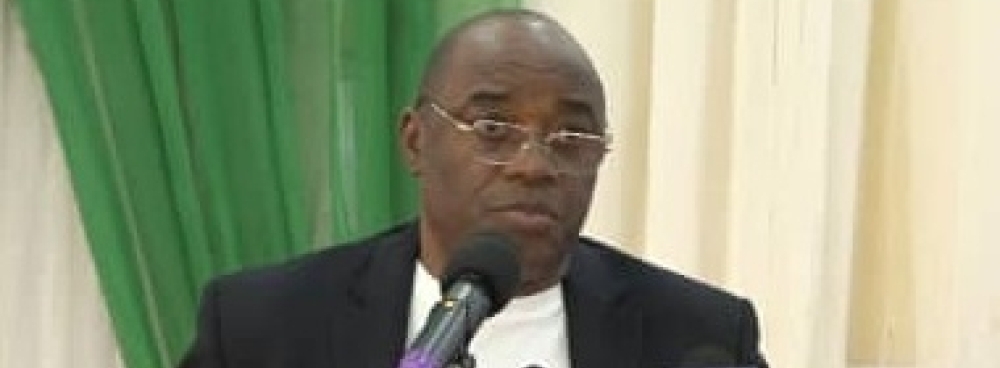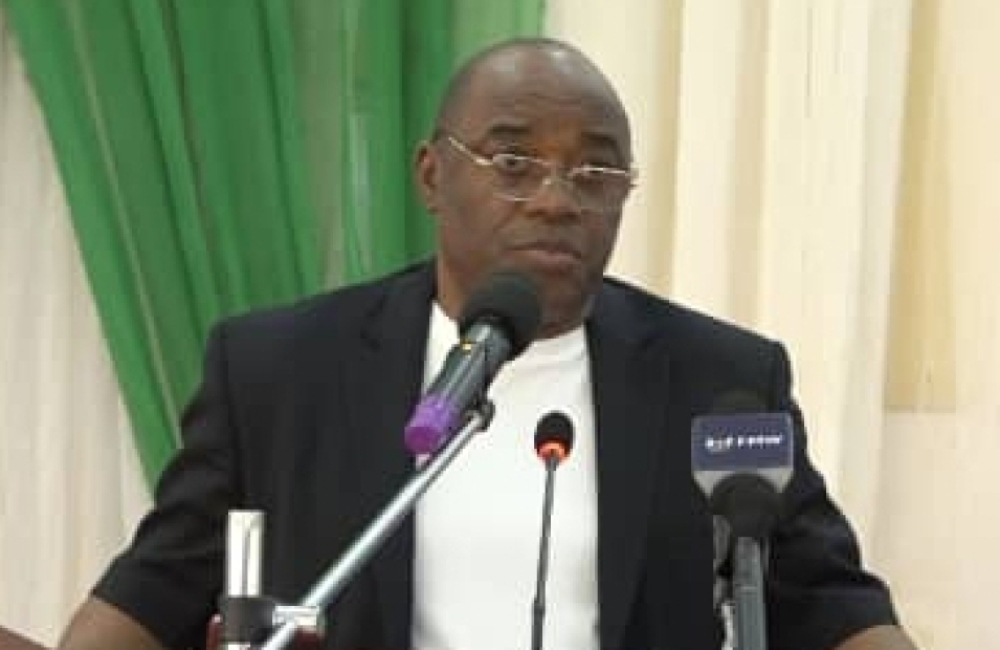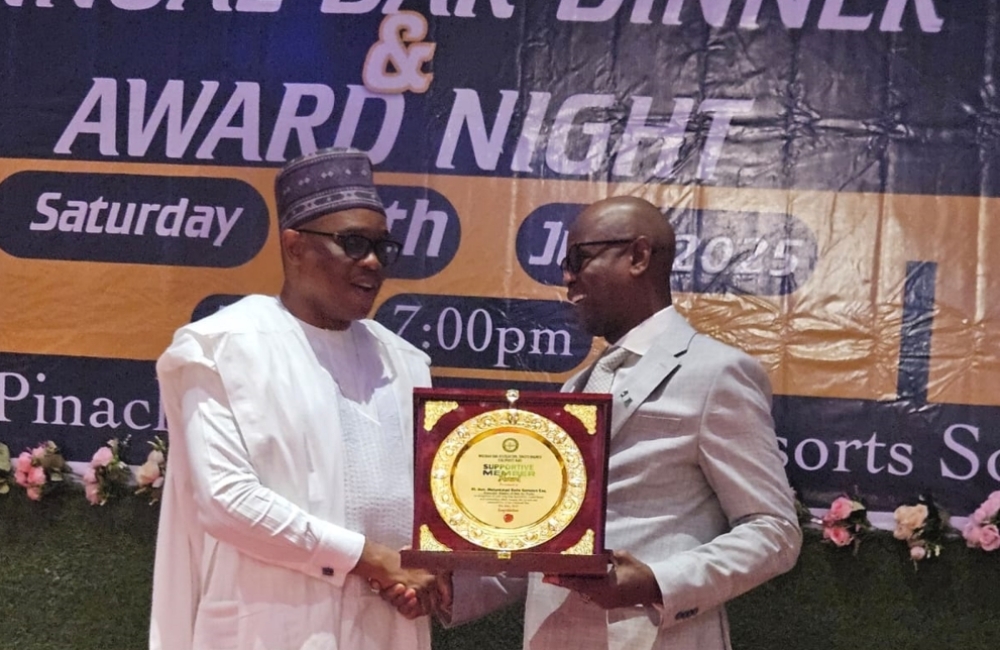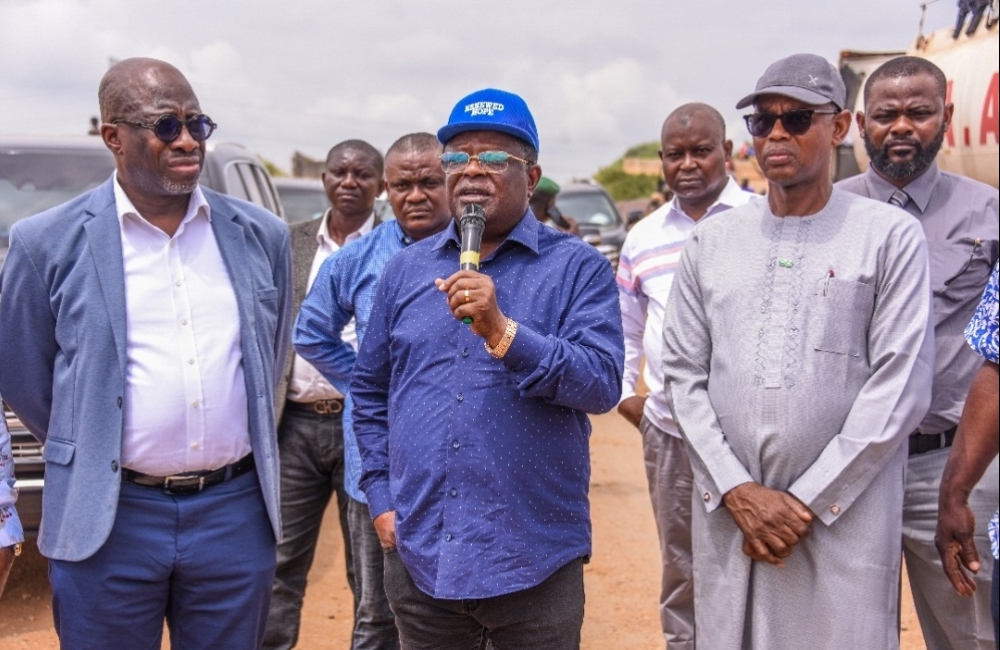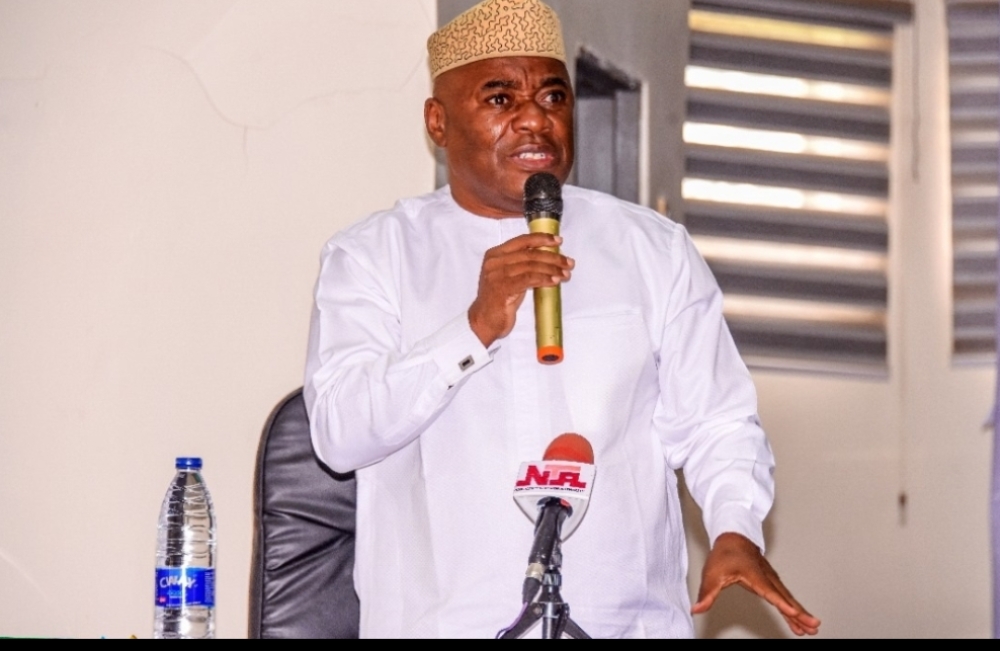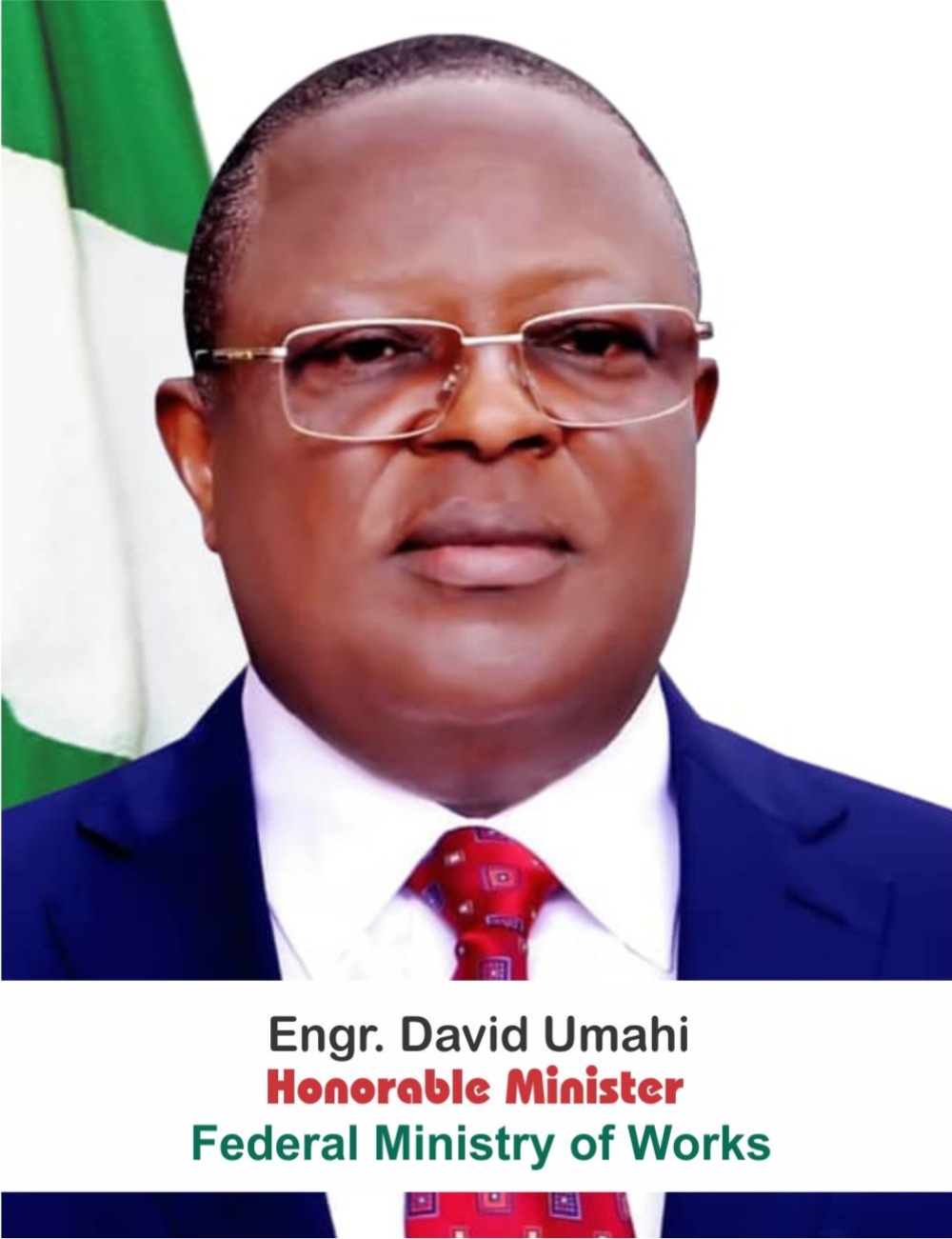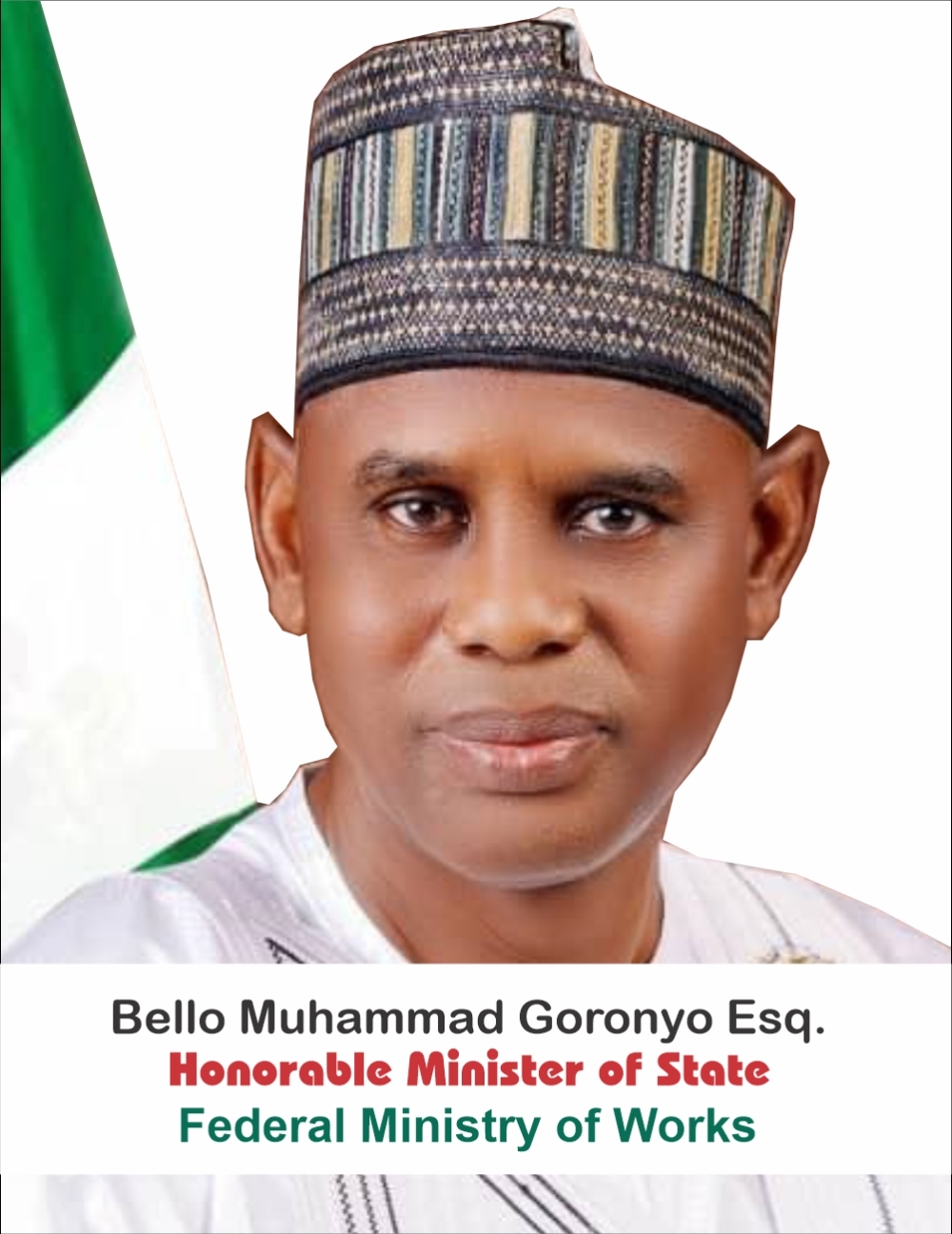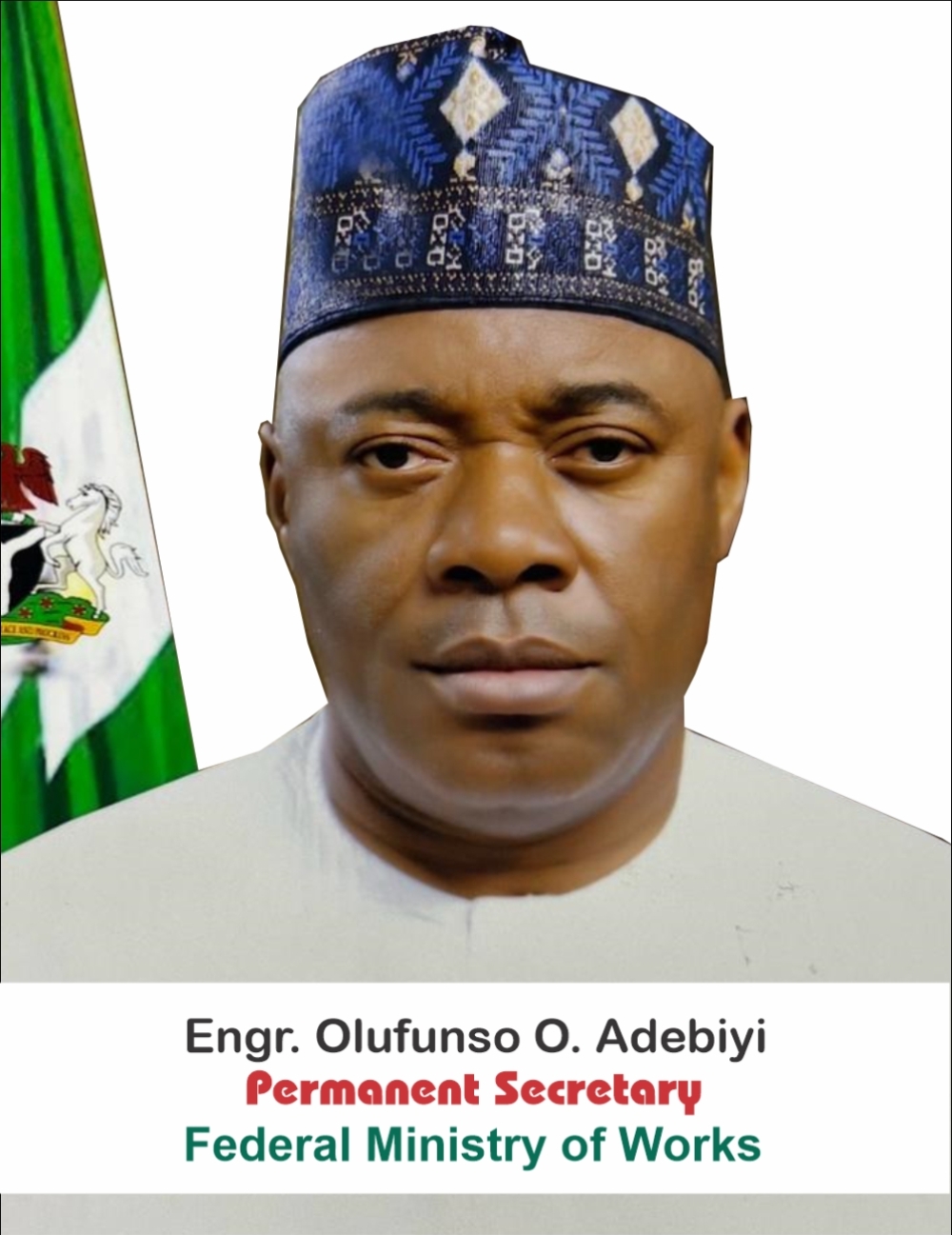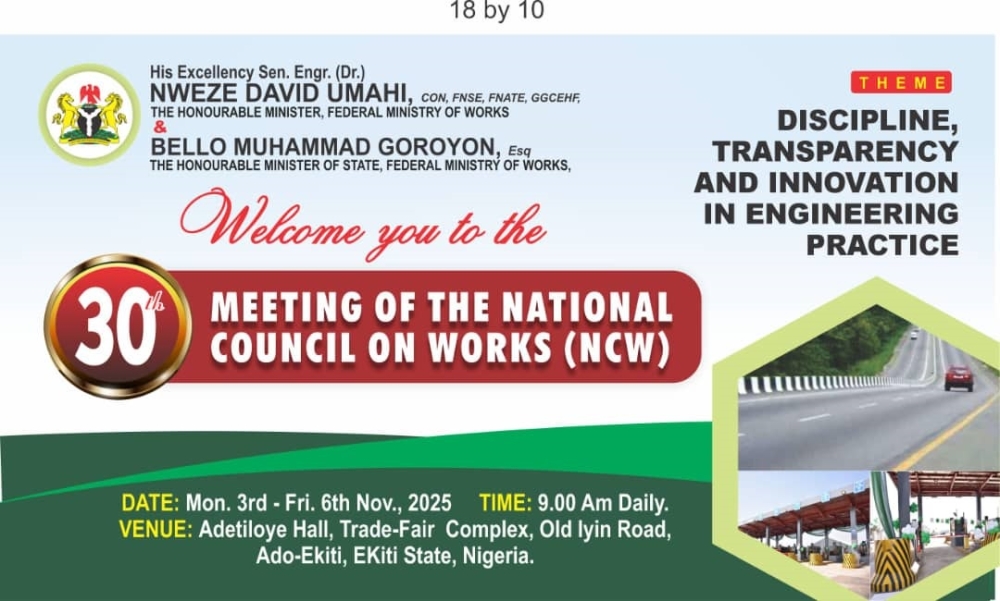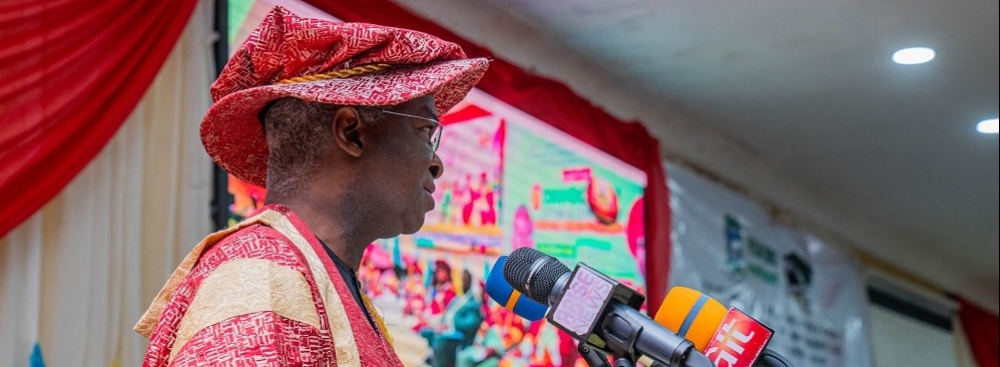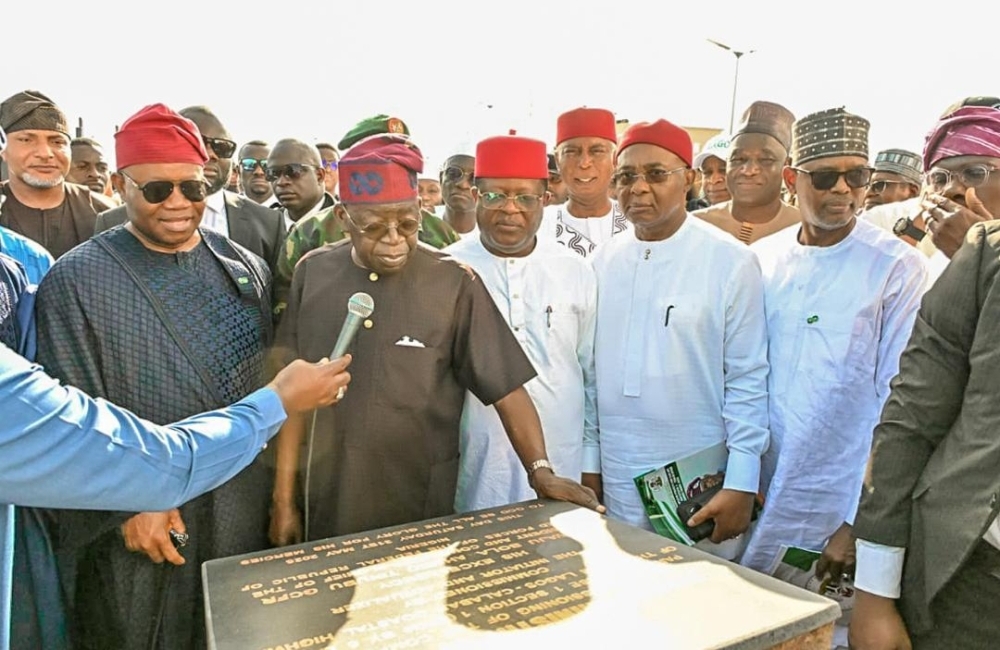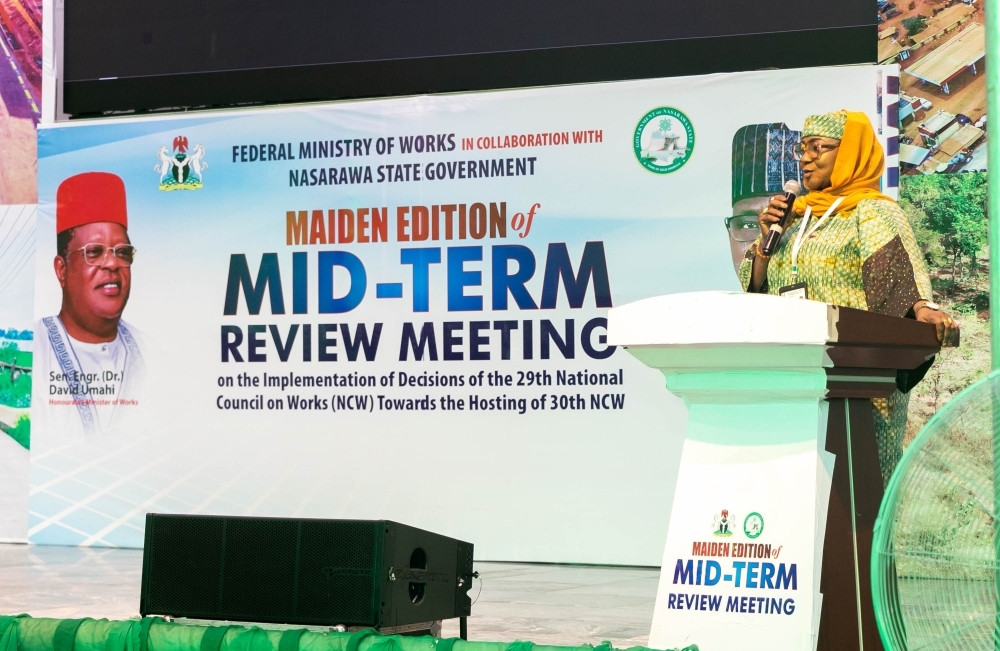“Mind, Mindset And State Of Mind”, Being The Text Of A Lecture Delivered By Babatunde Raji Fashola SAN, CON At The 11th Convocation Ceremony Of The Veritas University, Abuja On The 3rd Day Of December, 2022
When Bishop Mathew Hassan Kukah called to ask me if I would be disposed to give this year’s convocation lecture, I enthusiastically agreed.
The reason is not far-fetched. A convocation ceremony in a university is a milestone of success. A success that reckons the end of a very important task and the beginning of yet another.
As you all very well know, success has many fathers and I am glad to be a part of your success.
To the Chancellor, Vice Chancellor, members of the academic and non-academic staff, to the parents and guardians, and of course our graduands, their families and their friends whose success we convoke to formalize and celebrate, please accept my sincere and very hearty congratulations.
When the Vice Chancellor, Reverend Father H.E Ichoku formalized my invitation by his letter of 7th October 2022 he said and I quote:
“… you are at liberty to speak on any topic that prepares our graduates for the future and also leaves a long-lasting impression in their minds.”
That certainly is not an easy task, to prepare you for the future and leave a long-lasting impression on you.
Your parents, guardians and lecturers have been doing that for years. The success we commemorate today is proof that they have done a good job. But I will attempt to make a modest contribution to their effort.
I can think of no better place to start than to take you back in time, to share two of my own personal experiences with you; in 1987, thirty-five years ago, when I graduated from the University of Benin; and in 1988, thirty-four years ago, when I graduated from the Nigerian Law School.
The first experience was as I said just after graduation from the University of Benin and in the period between graduation and the wait for NYSC call up letter.
I felt really good, as many of you must feel today. My sister then invited me to accompany her to a party hosted by her fiancé’s friend and as a big sister, she was also very proud to show me off.
In the course of the event, I met a couple of her fiancé’s friends and chatted with them. And every time they asked what I was doing, I was clearly too young to be one of them, so they asked the normal adult to young person question: “What are you doing now?”
My reply was, I have just finished, and it came with a big chip on my shoulder. What you would probably call “swag” today.
This is because I was waiting for the follow up question: “What have you finished?”
And every time any of my elder inquisitors asked me, what have you finished? I would eagerly blurt out “I have just finished university,” and off I went, and if there was a follow-up, I eagerly responded by saying I graduated in Law with a Second-Class Lower Division.
By my own standards, this was a great achievement, because I did not like school. I was enjoying myself and going through the same question and answer routine with my older inquisitors until I met one who stopped me dead in my tracks, burst my bubble, and brought me down to earth.
He simply said: “You have not finished anything young man. You have not even started.”
He left an unforgettable impression on me. I was not angry, I was challenged.
The second story is much shorter. It derives from the speech delivered by the Chairman of the Body of Benchers at our call to bar. What has stayed with me from that speech till today, which I want to share with you, is about self-discipline.
The speaker reminded us that from birth till that day that we had been under what he called imposed discipline as many of you have been; discipline imposed by our parents, guardians, teachers and lecturers.
I recall him saying that this was the most easy form of discipline we will come by because we did not control it.
On that night, he then told us that we have been relieved from that imposed discipline and that what would make the difference in our lives is the amount of self-discipline we can impose on ourselves and this was a matter of choice.
Self-discipline will teach you preparation and planning that will give you an edge over the competition.
It will teach you time keeping that will earn you respect and build you a reputation of reliability.
I have chosen to share these two messages with all of you because your Vice Chancellor has challenged me to help prepare you for the future and leave an impression on you.
My two stories had both effects on me; they prepared me for today and have remained with me. I hope you find them useful.
This then takes me to my next message to you which is that although you are graduating today, your education is not over or finished. It is just about to start.
Between the time you entered this school and now, the world in which you will operate has changed in many ways, not the least by a global pandemic of yet undetermined origins and by a war of choice, which is having global ramifications beyond the immediate theatre of war.
Therefore, you must continue to learn more about your world, your country and yourself in order to better appreciate your role, and more importantly your responsibility.
I speak of responsibility because it is an important reason why you passed through this institution. Many years ago, this institution did not exist. But it has been brought about by the decision of men and women who were once graduates like yourselves and perhaps some who did not have a university education.
They became adults as you will become, and took responsibility to create this school, where your young minds can be shaped and moulded in readiness for the world you are about to experience.
Your first responsibility it seems to me, is to this school.
You will become members of the Alumni Association, and yes, you will soon start families and have children, and this is the reason why you owe a responsibility to this school and to yourselves to ensure that its standards are not just maintained but are improved upon.
I foresee without requiring a crystal ball that within about two decades from now, you will be looking for universities for your children, will this school still be good enough a choice for your children? That is a matter of responsibility.
I foresee again without a crystal ball that within about two decades from now, some of you will be leaders of our corporate spaces in the private sector, leaders of our government institutions and leaders and managers of our educational, health, security and critical institutions.
What kind of Nigeria do you see today and what kind of Nigeria do you think you will manage and bequeath to the next generation - your children?
The answer to that question depends on your mind, your mindset or state of mind.
This is the subject I have chosen to speak to you all about: Your mind, your mindset and your state of mind.
By this I refer to your capacity for awareness; your established set of attitudes, and your cognitive processes.
Let me start by making some disclosures to you. All my education was in Nigeria, I have seen a difficult and not so difficult Nigeria. In all of it, my belief in this country and its promise has never changed. Nigeria remains for me a home, a place to treasure, to nurture and to protect.
My state of mind is not to take flight to another man’s land and from there pour scorn and hate on the place of my birth. My state of mind tells me to offer my skills and deploy my energies towards improving the place I call home.
My mindset is such that I believe that my contributions can improve something even if it does not improve everything. My mindset tells me that greatness is not an event, it is a process to which we all have contributions to make.
I have often marvelled at the mindset of those who take flight and when they fall upon difficult times then reach back to the place they deserted in search of relief, help or succour.
Please do not misunderstand me, they deserve every help we can offer, but what I marvel at is the mindset that seeks help from the place they deserted.
My message to you is to invite you to focus your minds, develop a mindset and maintain a state of mind that in every aspect of life that you believe Nigeria can do better, and that there are inherent opportunities to surpass any challenges that you may see.
This is a mindset of positivity, a state of mind that is hopeful and a mind that refuses to surrender to negativity.
Talk is certainly cheap. The easiest thing to do is to identify what does not work, and as one person famously said: “the job looks easy when you’re not the one doing it”.
However, talk does not fix broken things; it is a mindset of responsibility to change things that make things better.
A mindset of self-pity is something you must turn your back on and take responsibility for the kind of Nigeria you wish for.
At a press conference given after a football match, a coach was asked why his team lost. His response was that they did not lose; on the contrary, he said his team ran out of time.
This is a mindset of positivity ingrained in their people and their sportsmen that nobody is better than them. It is one that I commend to you all, because it is true. Nobody is better than any of you.
The only thing that can limit you is your mind, your mindset, and your state of mind. Are you ready to settle for less when you can have more?
Are you ready to manage bad services when you can insist the quality should be improved?
There are a legion of examples that have held back our people from generation to generation, please do not subscribe to them.
An example is the one that blames our situation and developmental status on colonialism; the amalgamation of Nigeria by Lord Lugard and so on and so forth, 62 years after.
Please quote me that I said that it is not the fact of colonialism that has held us back; rather it is our mindset.
I see it in the most basic of things, such as when we want to register businesses, they must bear foreign names for us to feel good. It is the mindset that we must change.
I see that we have now appropriated a foreign culture called Black Friday. And we are now verbally heating ourselves up about whether sales were as much as most of other lands.
I think that the question we must ask is what Black Friday has to do with us, when we do not celebrate Thanksgiving.
Yes, we shop for Christmas in Ikeja, Dawanu, Wuse, Oyingbo, Uselu and other markets but not in the Black Friday way.
The use of our local names projects our identity and preserves our culture from generation to generation.
The names of our villages, cities and our individual names are as good as any name from anywhere.
You do not need anybody to validate you. You are an original.
Please tell the apologists of colonial heritage that the USA, UAE and China were once colonies that have become either better or as competitive as those who colonized them.
It is a positive mindset that enables you to understand that those who colonized you are approaching the peak of their development while ours is still fledging.
We have much more scope for development, the opportunity to leapfrog and the limitless capacity to be better.
The future should not therefore be defined or held back by the past.
Our minds, your minds, our mindset, your mindset and our state of mind, and your state of mind are the unshakeable pillars upon which that future will be built.
Think of it this way; the world listens to our music, watches our movies, uses our sportsmen and women, recruits our personnel across many fields of human endeavour and eats our food.
Clearly my mind tells me that there is inherent value and goodness in all of these contrary to the view that our continent is the dark continent.
I have no doubt that the world will drive our cars, use our laptops, telephones, airplanes, and much more, when we decide to make them.
To all our dear graduates, I offer commendation once again for what you have achieved here, but please remember that you have NOT finished.
Indeed, you are just about to start. As you do so, I urge you to be ambitious and audacious, nothing can limit you, except your mind, your mindset and your state of mind.
Unshackle your minds and reach for the stars and beyond.
Congratulations.
